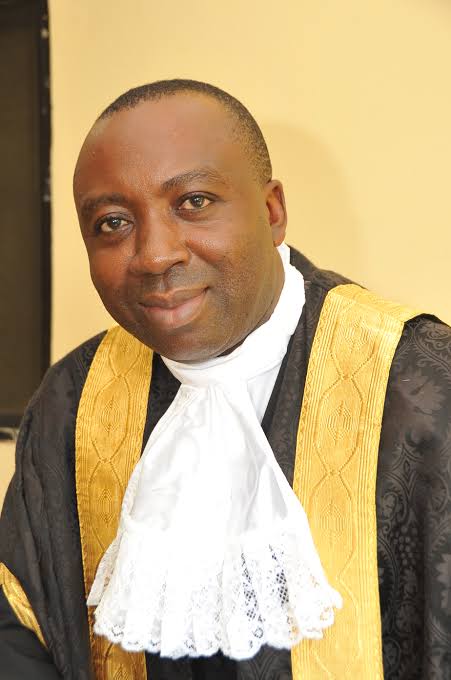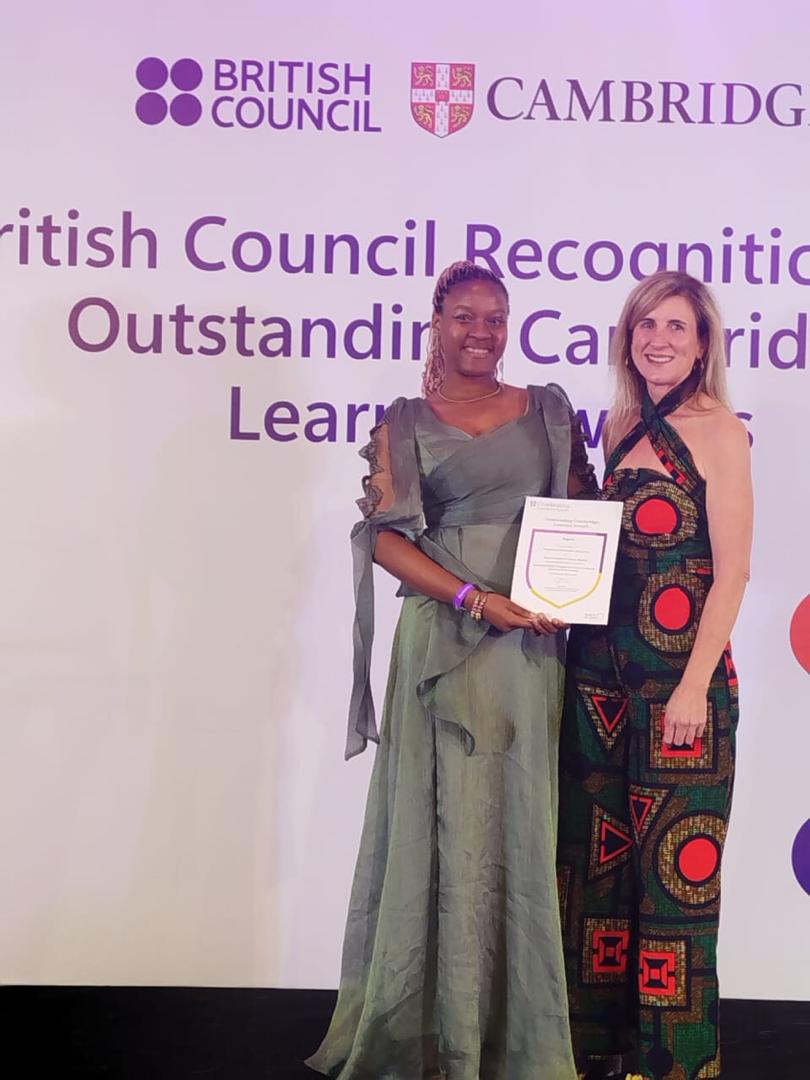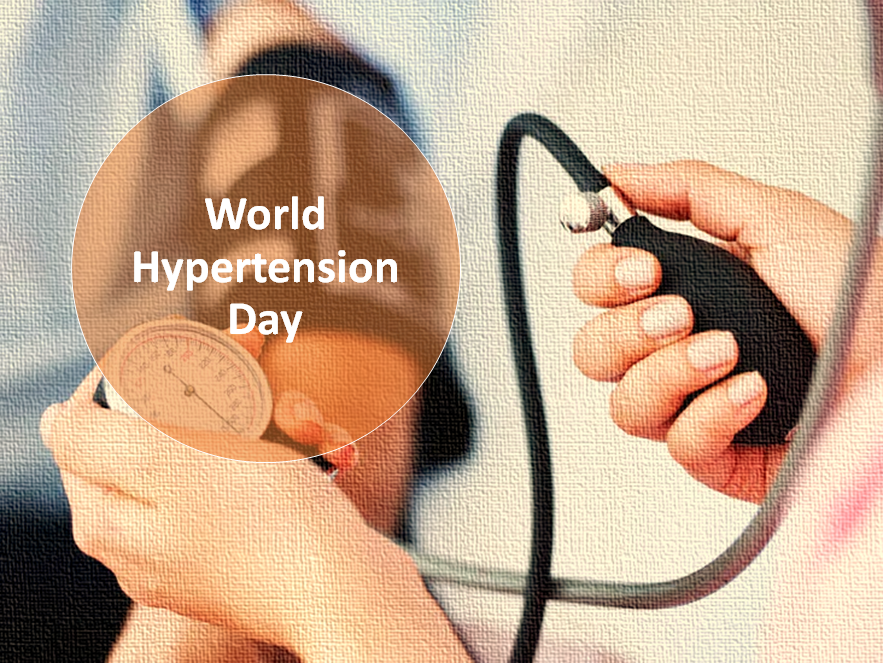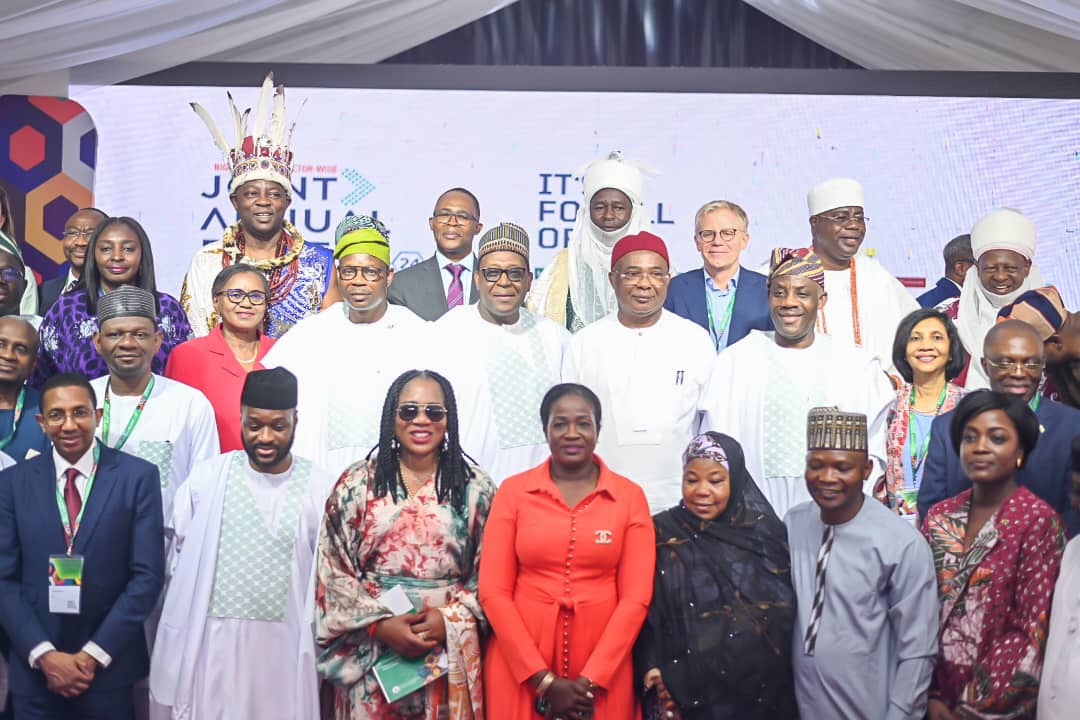
By Fatima Saka
In a renewed effort to improve healthcare delivery across Nigeria, the federal government has pledged its commitment to providing affordable healthcare services for all citizens.
This announcement came as the Federal Ministry of Health and Social Welfare, international organizations, and various stakeholders gathered for the Joint Annual Review (JAR) to evaluate the Key Performance Indicators (KPIs) set forth in the compact signed by President Bola Tinubu and state governments.

Speaking at the ongoing JAR event, held in Abuja from November 6th to 8th, the Coordinating Minister of Health and Social Welfare, Professor Muhammad Ali Pate, highlighted plans to enhance healthcare access through the National Health Insurance Authority.
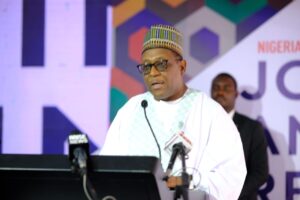
He noted that, for the first time, the sector had fulfilled two major milestones: conducting the Joint Annual Review and presenting the State of Health Report for Nigeria.
“These reports embody our commitment to transparency, accountability, and progress,” said Professor Pate. He added that by the third quarter of 2024, the health sector had met 31 out of 41 KPIs aligned with presidential commitments and that they are on track to exceed targets for the year.
“Under the PHC 2.0 reform, we have prioritized equity by distributing resources across over 8,000 primary healthcare centers. Direct disbursements totaling 45 billion Naira have been made to states, ensuring funds reach the people directly. Additionally, we’ve mobilized over 3 billion dollars in complementary funding with 2.1 billion dollars confirmed, supporting federal government efforts,” Pate said.
The Coordinating Minister also shared that over 2,600 healthcare facilities are in advanced stages of revitalization, with 2,000 more slated for upgrades to make primary healthcare centers fully functional.
“Aligned with the President’s commitment to strengthening the health workforce, we’ve set a target to retrain 120,000 frontline health workers. Over 40,000 have already completed training, with more on the way,” he added.
Representing the Nigerian Governors Forum, His Excellency, Governor Hope Uzodinma of Imo State, highlighted in his keynote address that the ongoing review offers a valuable opportunity for all levels of government and their partners to jointly evaluate progress, reinforce best practices, and identify areas needing improvement.
He expressed confidence that partners would continue to contribute best practices and insights to support shared learning and progress.
Governor Uzodinma reiterated the Nigerian Governors Forum’s commitment to the principles and objectives of the Health Sector Compact, stating, “The role of the Nigerian Governors Forum has been clearly outlined, and I assure my esteemed colleague, the Honorable Minister, and all stakeholders that we remain dedicated to fulfilling our obligations. We expect the same level of commitment from our partners.”
He added, “Our Nigerian Governors Forum Secretariat is diligently tracking our progress through a scorecard, which keeps all governors informed about the implementation status and our collective achievements.”
Th Governor Uzodinma further expressed gratitude for everyone’s commitment to the NGF’s goals and collaboration in enhancing healthcare for Nigerians. “Together,” he said, “we will build a more resilient, inclusive, and effective healthcare system that meets the needs of our people.”
Dr. Iziaq Adekunle Salako, Minister of State for Health and Social Welfare, underscored the importance of accountability, monitoring, and evaluation in achieving the goals of the Sector-Wide Approach. “We need to establish a clear baseline for the JAR framework moving forward to effectively track our progress.
“As a critical accountability tool, we shall be using the JAR to promote multi sectoral coordination and sets clear priorities for the upcoming year, ensuring that all stakeholders remain aligned with national health goals.”
In her opening remarks, Daju Kachollom S. Permanent Secretary of Federal Ministry of Health and Social Welfare, emphasized that the JAR offers a critical platform for stakeholders to assess the health sector’s progress under the Sector Wide Approach. “This includes key achievements in the Nigerian Health Sector Strategic Renewal Investment Initiative (NSHRII) and preliminary findings from the Annual State of Health Report and the Nigeria Demographic and Health Survey (NDHS) 2023.
“JAR strengthens accountability by tracking progress against established targets, optimizing resources, and improving donor confidence,” she noted.
Senator Banigo Ipalibo Harry, Chairman Senate Committee on Health, representing the National Assembly, expressed her enthusiasm for the JAR’s accountability framework, saying, “It’s accountability at all levels—for stakeholders, government, politicians, and the community.”
Dr. Walter K. Molumbo, WHO Country Director, commended Nigeria’s strides in healthcare, noting, “JAR is a unique opportunity to support primary care by strengthening systems with one cohesive plan and budget. “We are here to take stock and set our path forward.”
Also speaking, HRH Dr. Haliru Yahaya, Emir of Shonga, highlighted the importance of aligning health initiatives with governors’ goals.
He praised President Tinubu for selecting strong leaders in healthcare to lead these efforts.
“The JAR will continue to be a vital tool in ensuring Nigeria’s healthcare system becomes more efficient, equitable, and accessible to all, with stakeholders at all levels committed to delivering measurable, impactful outcomes for Nigerians.” He added.


